Rabies is no joke. It’s a serious viral disease that affects many animals. While dogs are the usual suspects when it comes to rabies, cats can be just as vulnerable, including your beloved Siamese cats.
Siamese cats, with their playful personalities and curious nature, are at risk of contracting rabies. This virus can cause some serious health issues, and in severe cases, it can be fatal.
So, what should you watch out for? Siamese cats with rabies may show a variety of symptoms like strange behavior, loss of appetite, and even trouble breathing. In extreme cases, rabies can lead to paralysis or even death.
In this article, we’re diving into everything you need to know about rabies in Siamese cats — from what causes it to how to spot the symptoms and what treatments are available.
Keep reading to learn how to protect your feline friend from this dangerous virus!
How Common is Rabies in Siamese Cats and What Causes It?
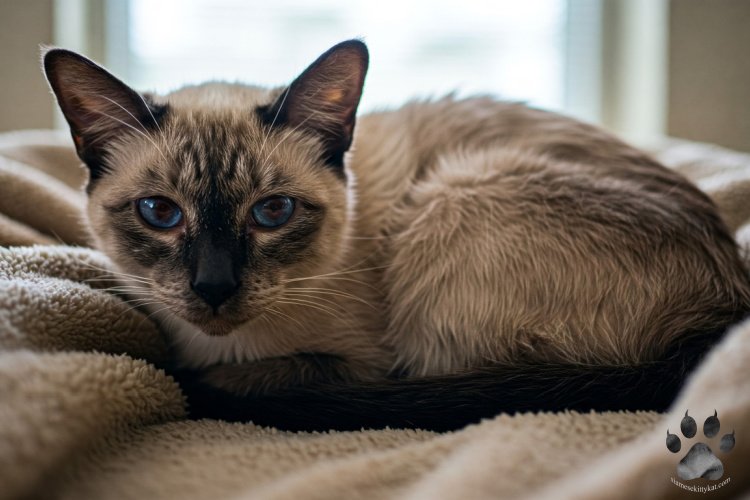
Rabies is a dangerous disease that can affect both cats and dogs. Despite the availability of vaccines, rabies in cats is still a concern. In fact, the Centers for Disease Control and Prevention (CDC) reports around 250 cases of rabies in cats each year.
This is because cats, especially those who roam outside, can easily come into contact with wild animals like mice or bats that carry the virus.
But what causes rabies in cats? Well, just like other animals, cats get rabies through exposure to an infected animal. This can happen through a bite, scratch, or even a lick from an infected creature. Wild animals, including raccoons, skunks, and bats, are the primary carriers of rabies, but even house cats can get infected if they spend time outdoors or cross paths with a rabid animal.
It’s crucial to vaccinate your Siamese cat to protect them from rabies. Feral cats can also carry the virus, so be extra cautious when encountering them. Vaccination is one of the best ways to keep your cat safe and healthy, so make sure your Siamese is up to date on their shots!
For more on why vaccines are important for your Siamese cat, check out our article on Do Siamese Cats Need Vaccines? and learn how vaccination protects your feline friend.
How Do Cats Behave When They Have Rabies?
When a Siamese cat contracts rabies, their behavior can change dramatically, and you might notice some unusual and concerning signs.
Some cats become aggressive, attacking people or other animals, while others may become surprisingly friendly and overly docile. It’s a strange and scary shift, as rabies can cause dramatic personality changes.
Other symptoms of rabies in cats include loss of appetite, agitation, nervousness, seizures, and even paralysis in the more severe stages.
Rabies progresses in three stages, and each stage brings its own set of challenges for both the cat and their owner.
The 3 Stages of Rabies in Siamese Cats
- Prodromal Stage
This is the first stage, lasting about two to three days, and it’s when the virus starts taking hold of the cat’s body. The behavior changes during this phase can be subtle but concerning.
Your normally energetic Siamese cat may become lethargic, for example, or show other signs of discomfort. If your cat has been bitten by an unknown animal and you notice these signs, it’s important to keep them away from other pets or family members to prevent the spread of the virus. - Furious Stage
This is the most dangerous and unpredictable stage of rabies. During the furious stage, your cat might become highly aggressive.
Some of the common signs include:
- Excessive crying or howling
- Seizures
- Loss of appetite
- Increased drooling
- Nervousness or agitation
- Hydrophobia (fear of water or even the sound of it)
At this point, cats can be extremely dangerous and must be handled only by professionals. If your cat is showing these signs, it’s crucial to seek immediate veterinary attention.
- Paralytic Stage
This is the final and most fatal stage of rabies infection. Unfortunately, by this stage, it is often too late for treatment. Paralysis sets in, and your cat will likely lose muscle control, starting with the inability to swallow or drink.
Cats in this stage will quickly become dehydrated and will often die from respiratory failure. The paralytic stage is heartbreaking, and this is why rabies vaccination is so important in preventing the disease.
Rabies is a serious disease, but being aware of the stages and symptoms can help you act quickly and get your cat the care they need. If you’ve noticed any of these signs, don’t hesitate to contact a veterinarian immediately.
If you want to learn about other Siamese cat dangers aside from rabies, read our post on 99 Siamese Cat Dangers.
Can Cats Recover From Rabies?
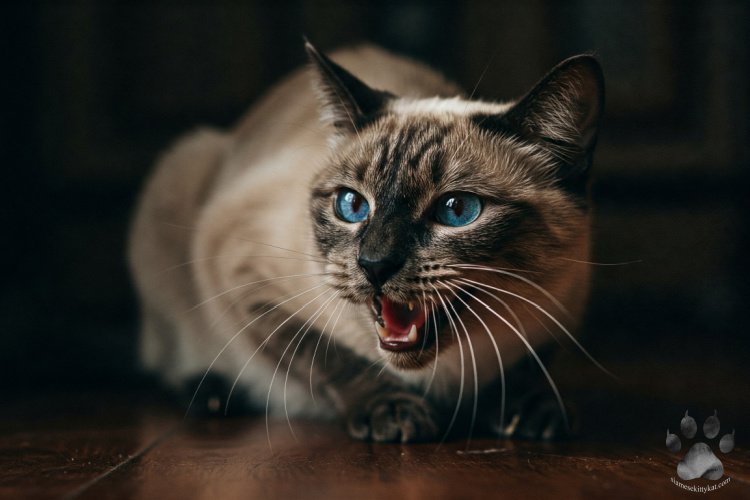
Unfortunately, no cat can recover from rabies once they’re infected. Rabies is nearly 100% fatal, and once the virus takes hold, there’s no treatment available to reverse its effects.
The chances of survival can be slightly influenced by how early the infection is detected, but by the time symptoms show, it’s often too late for effective intervention.
Rabies progresses rapidly, and by the time it’s noticeable, the damage to the cat’s body is already done.
One important factor is whether your cat is vaccinated against rabies. Unvaccinated cats are at a much higher risk, especially if exposed to wild animals like bats, raccoons, or skunks that carry the virus. Young kittens and older cats with weaker immune systems may also face a higher risk of severe symptoms and lower chances of survival.
What Are the Side Effects of Rabies Vaccination in Cats?
The rabies vaccine is safe for most cats, but like any vaccine, it can come with minor side effects. Some cats may feel a little lethargic, lose their appetite, or experience swelling at the injection site. Thankfully, these side effects are typically mild and short-lived.
In very rare cases, a cat may have an allergic reaction to the vaccine. If you notice any signs of distress, such as difficulty breathing or excessive swelling, contact your vet immediately. It’s important to act quickly in these rare situations.
Rabies in Cats: Risks to Humans and Cats
Rabies is not only a risk for cats but also for humans. If a cat with rabies bites or scratches you, the virus in its saliva can be transmitted. Rabies is almost always fatal once symptoms develop, so if you are bitten or scratched, immediately wash the wound with soap and water and seek medical attention right away.
Cats are just one of many animals, including dogs, bats, and foxes, that can carry rabies. Always avoid any wild animals showing unusual behavior and contact your local animal control for help.
For more information on keeping your Siamese cat safe, check out one of our articles: Can Siamese Cats Make You Sick?
How to Prevent Rabies in Cats: Tips for Protection
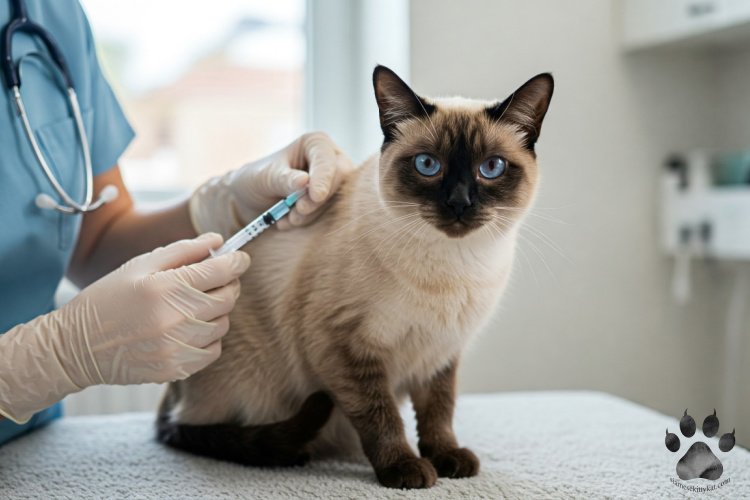
The best way to keep your Siamese cat safe from rabies is by ensuring they’re up-to-date on their rabies vaccination. Most states require cats to be vaccinated at least once, with some recommending more frequent shots. Regular visits to your vet will also help keep your cat protected from diseases like rabies.
To further reduce the risk, make sure your cat stays indoors, especially at night when the chance of exposure to wild animals is higher. If your cat enjoys the outdoors, keep them supervised and ensure they’re in a fenced-in area where they can’t come into contact with potentially infected wildlife. Don’t forget to ensure your cat is wearing a collar with up-to-date identification tags!
If you see stray or feral cats in your neighborhood, contact animal control. These animals could be unvaccinated or sick, posing a potential threat to your cat’s health.
Keeping Your Siamese Cat Safe and Healthy
That wraps up our discussion on rabies and how to keep your Siamese cat safe from this serious virus. By vaccinating your cat and being mindful of their outdoor activities, you can significantly reduce the risk of rabies exposure.
For more tips on Siamese cat care, including grooming, health, and exercise, check out our detailed guide on Siamese Cat Health, Care, Exercise, and Grooming.
Thanks for reading, and remember — prevention is key to keeping your feline friend happy, healthy, and safe!



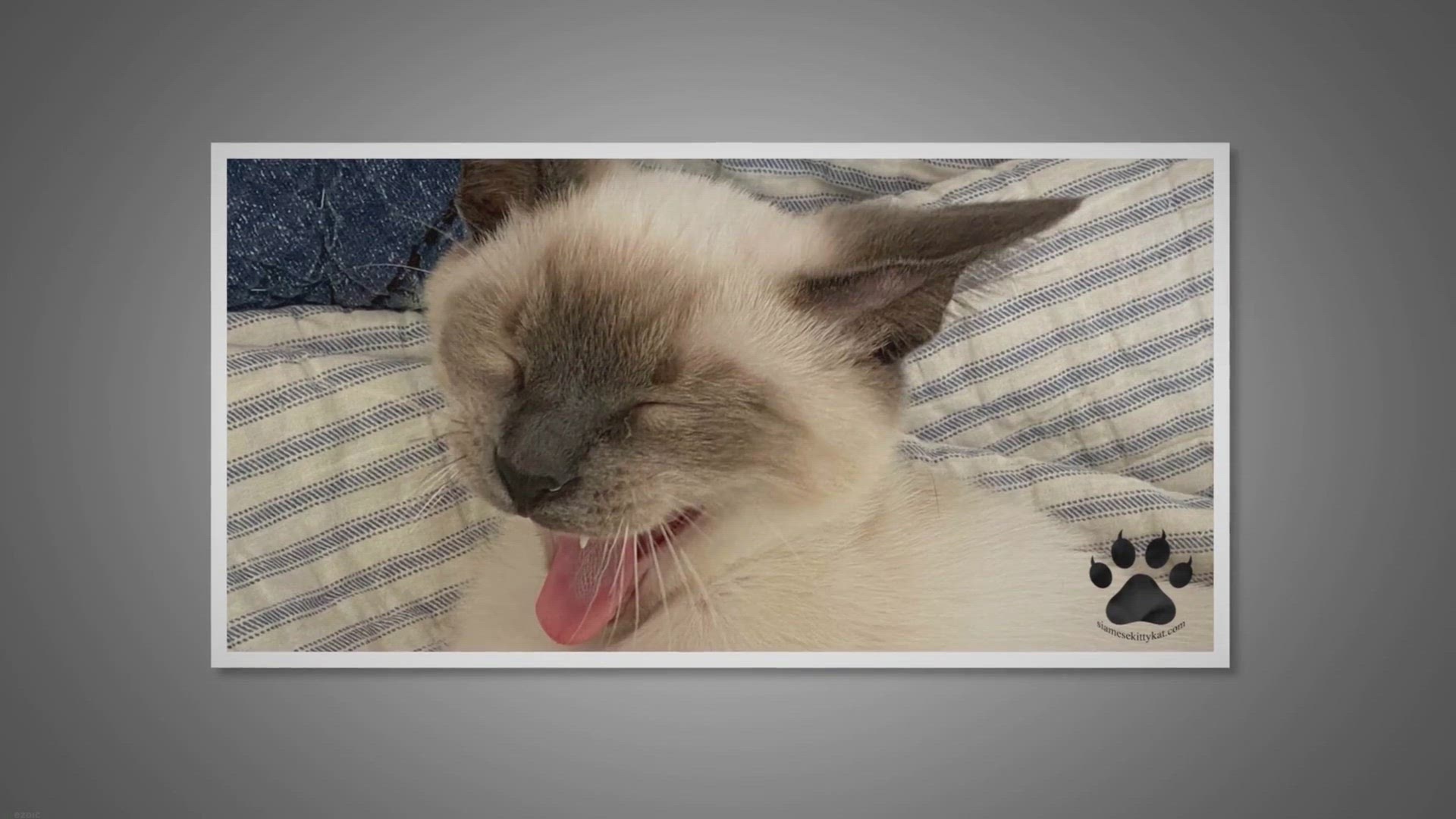
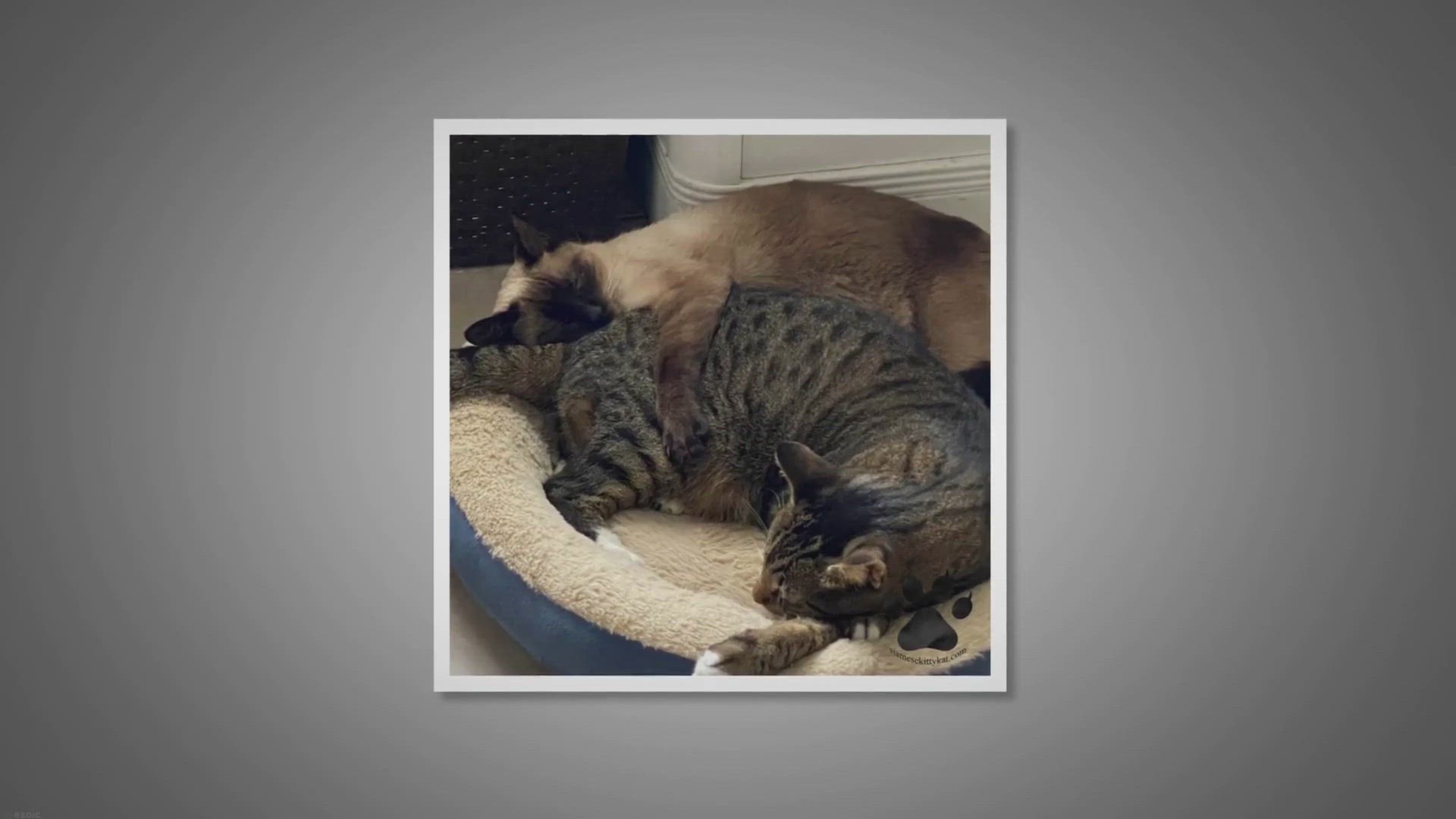
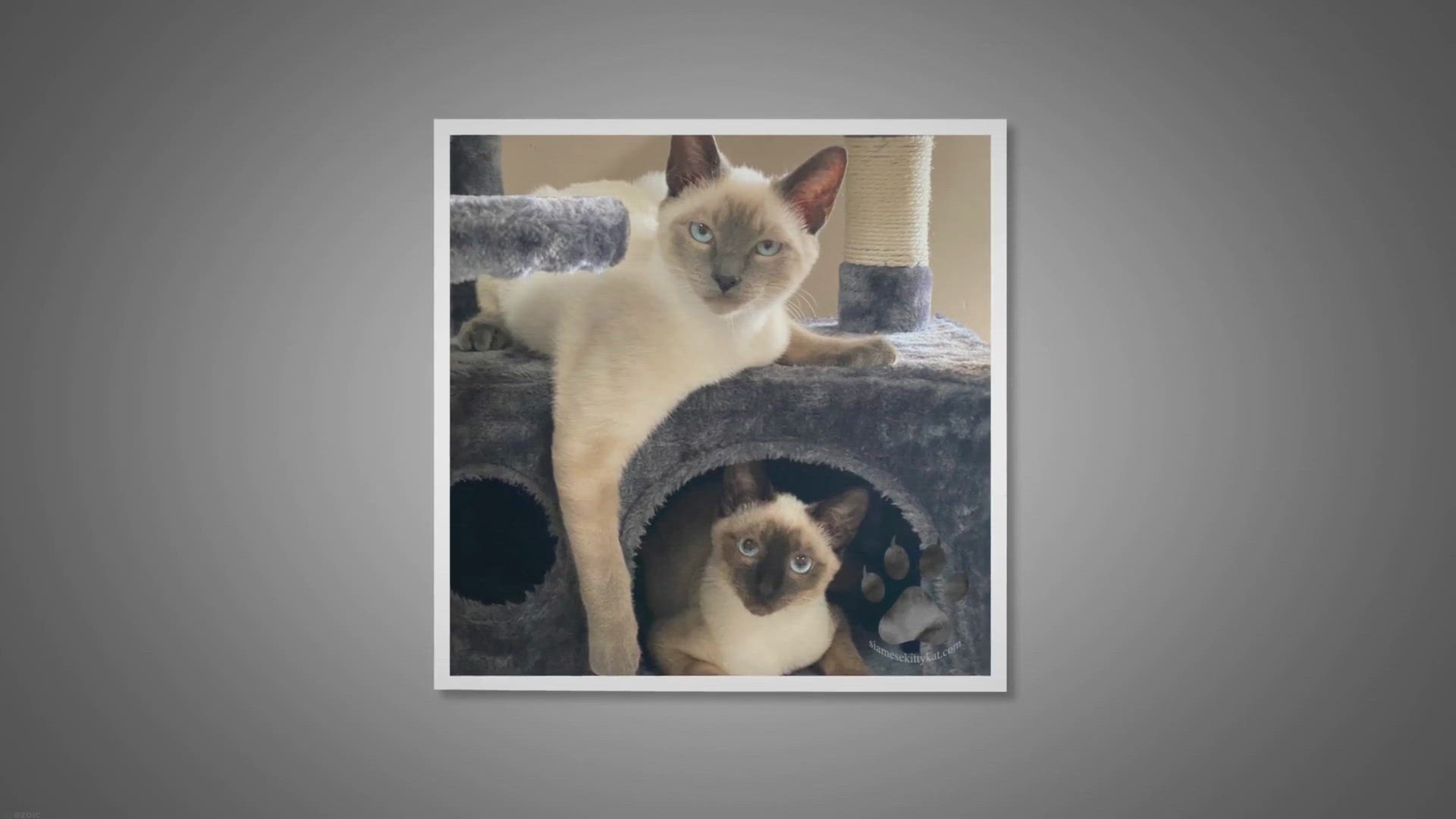
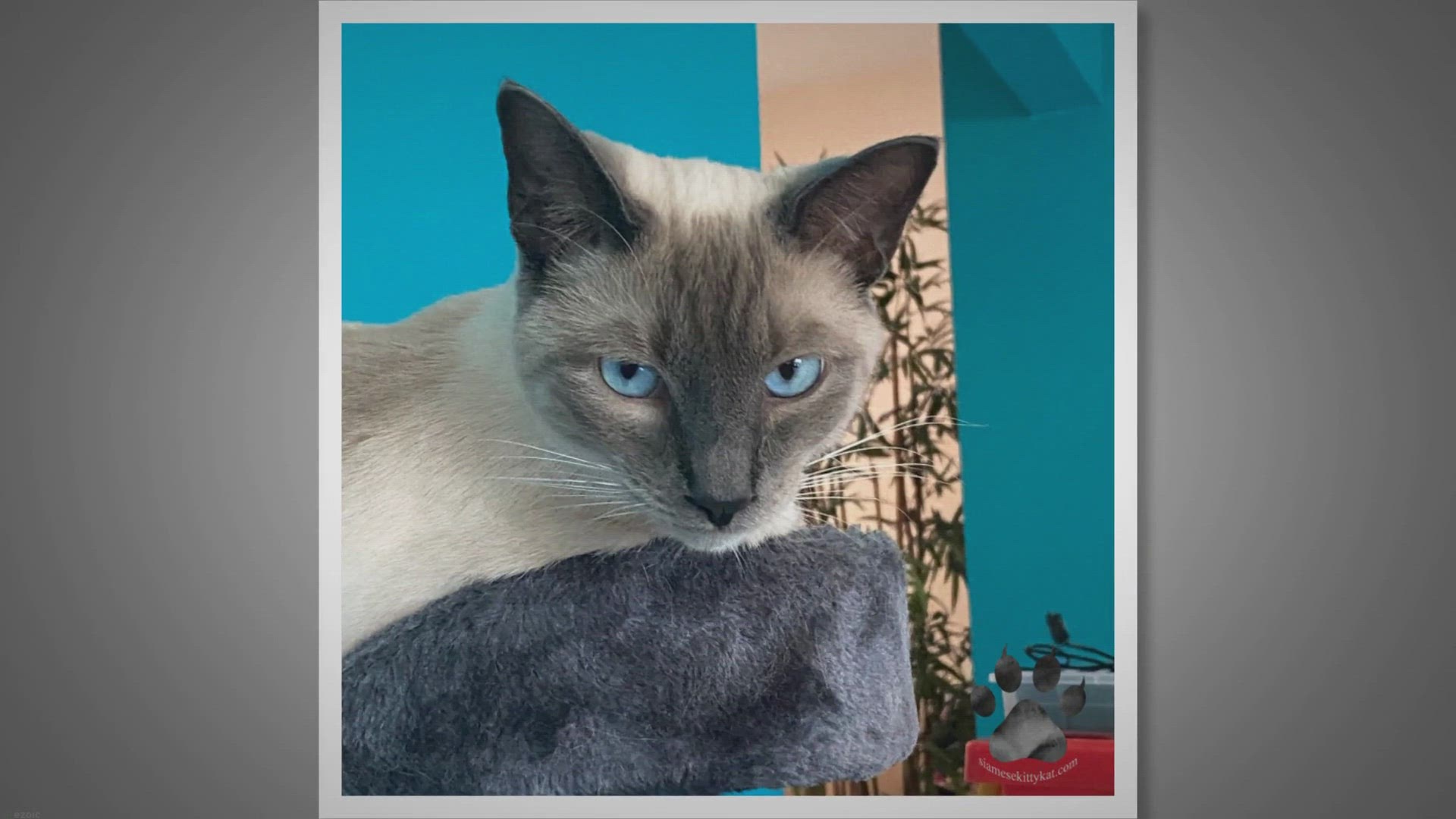
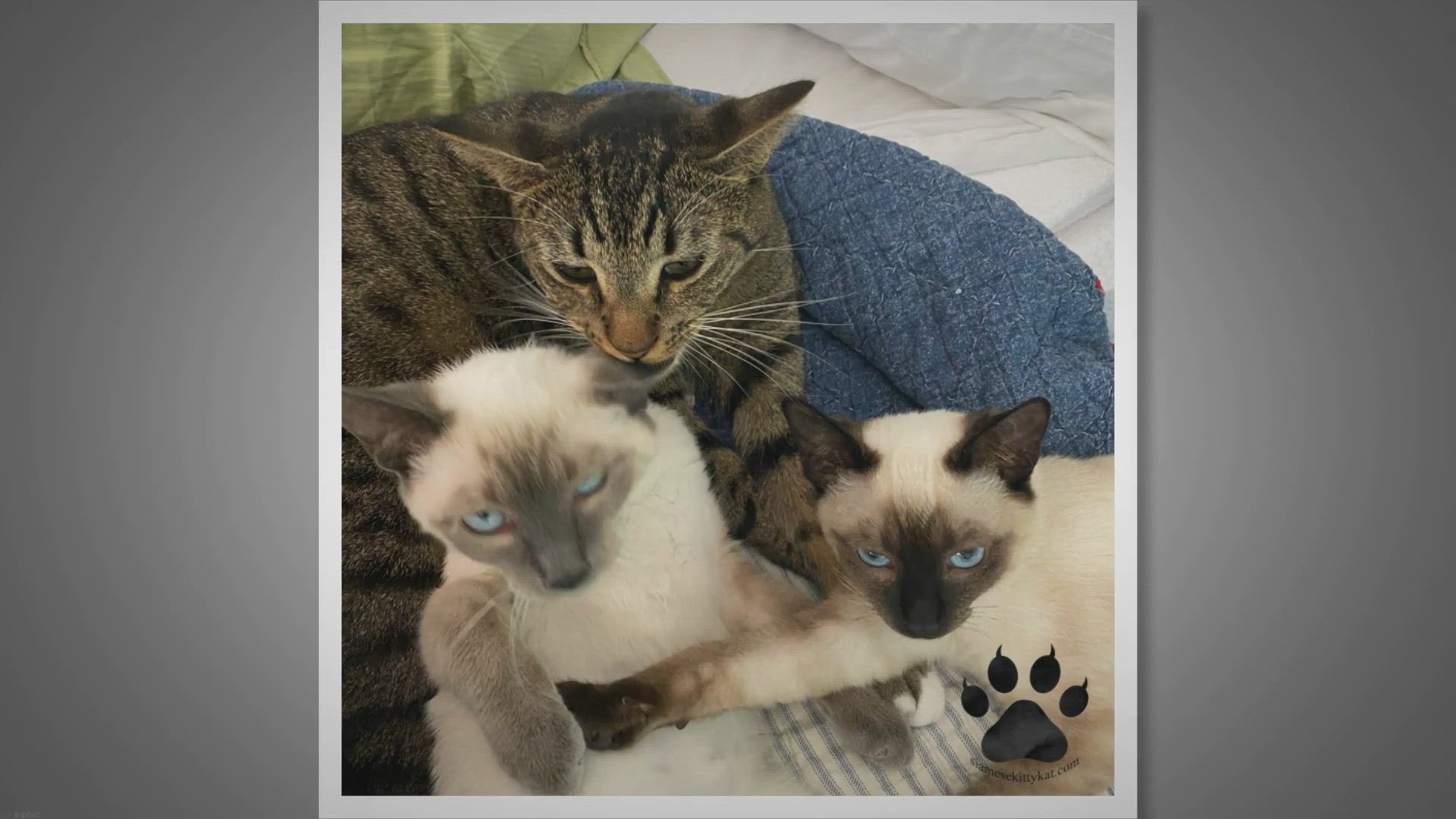
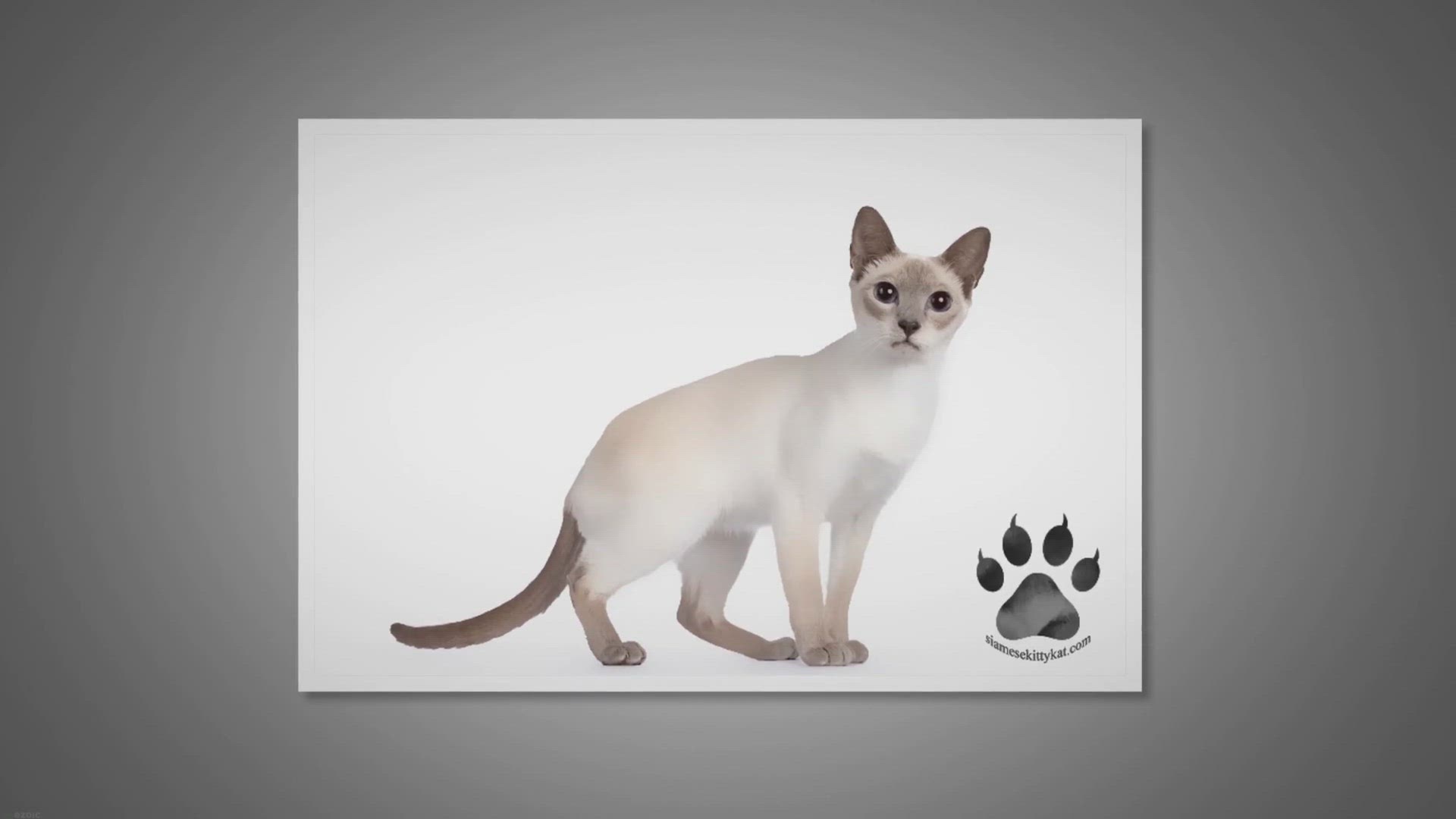

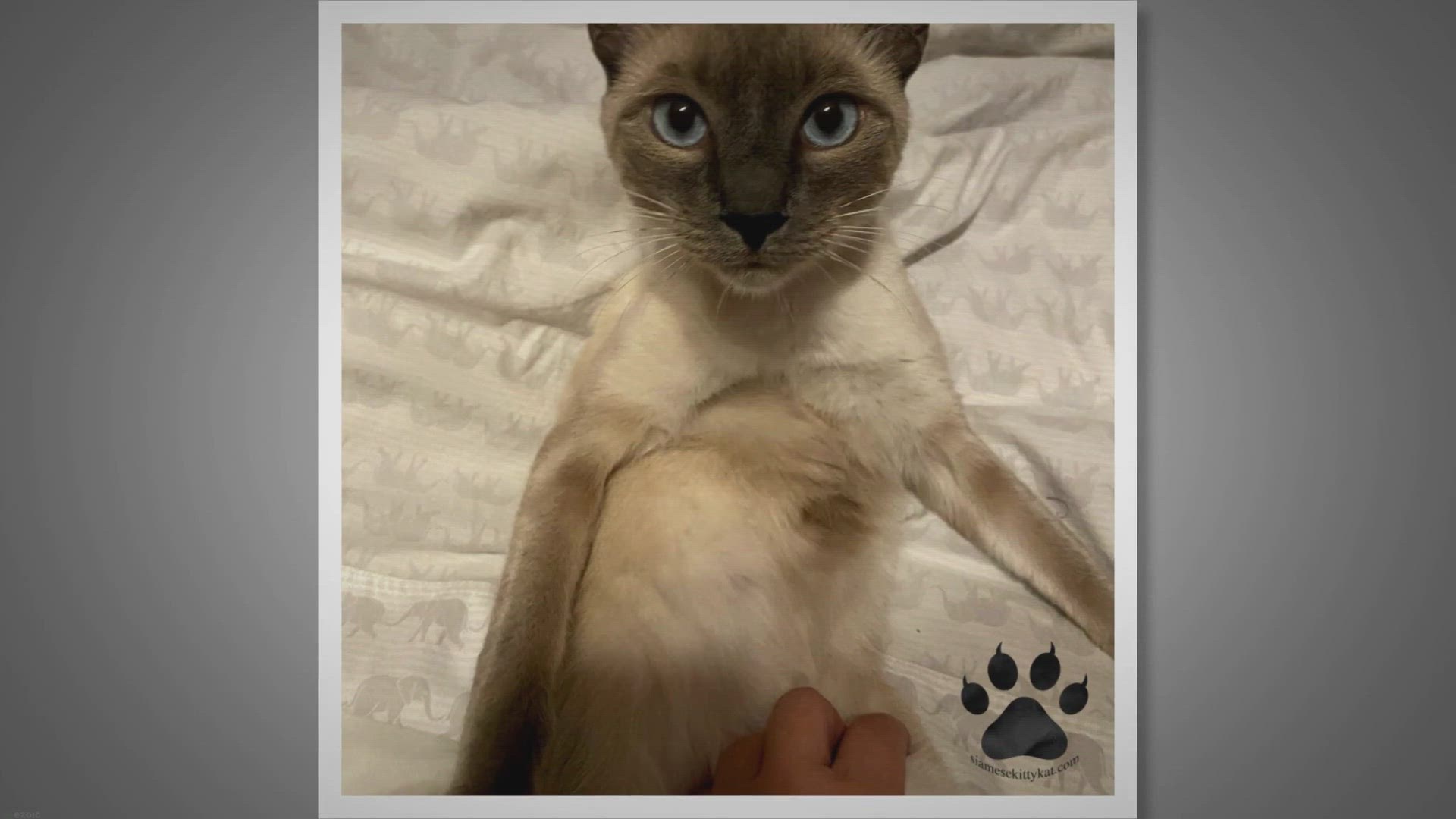
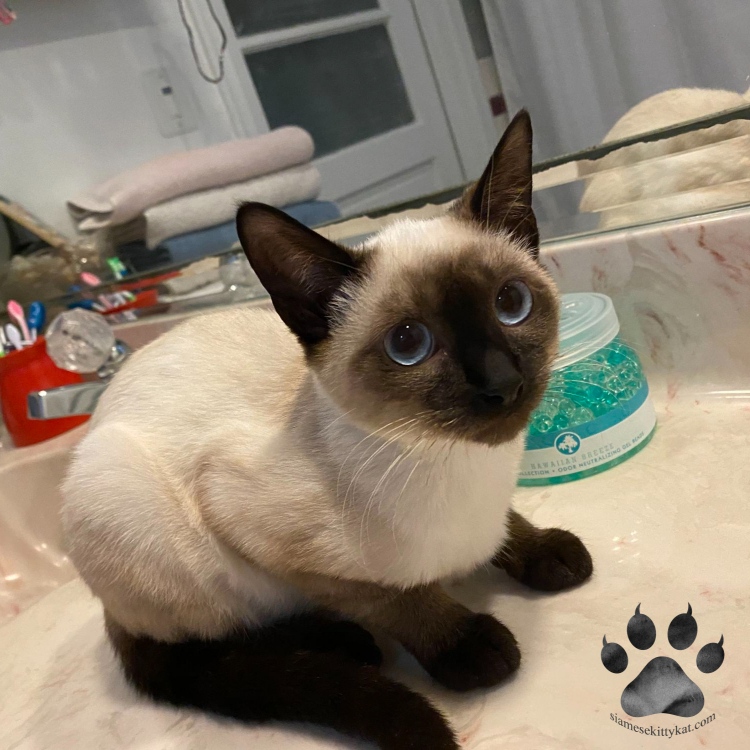
 Affiliate Link Notice
Affiliate Link Notice